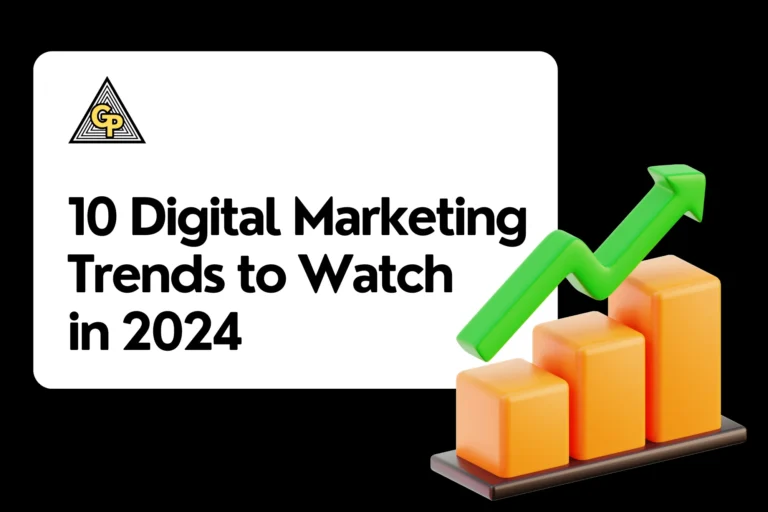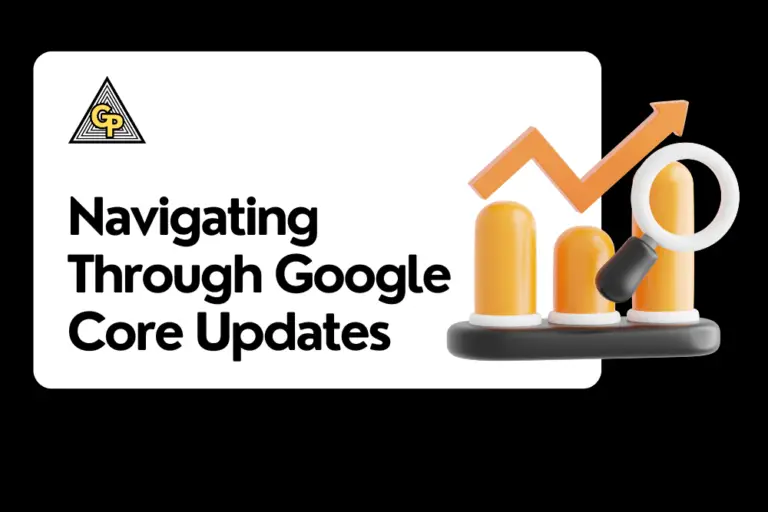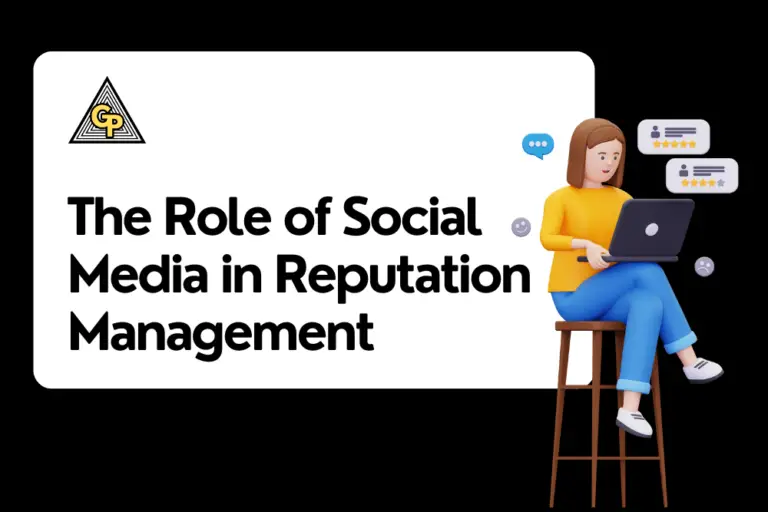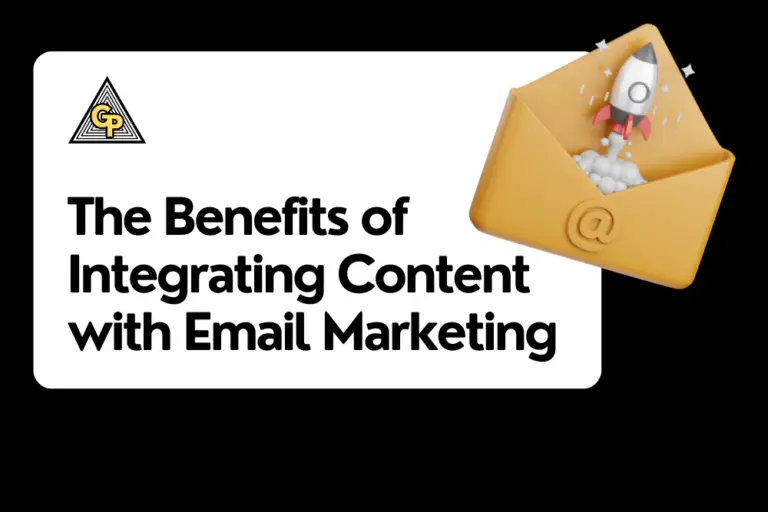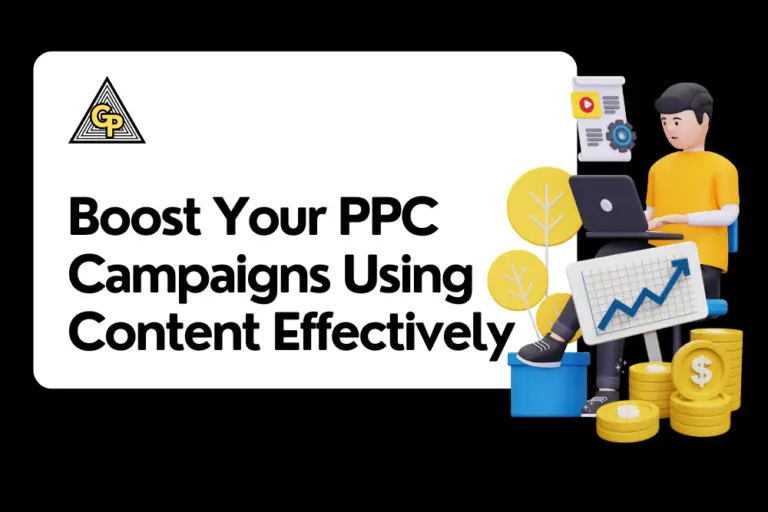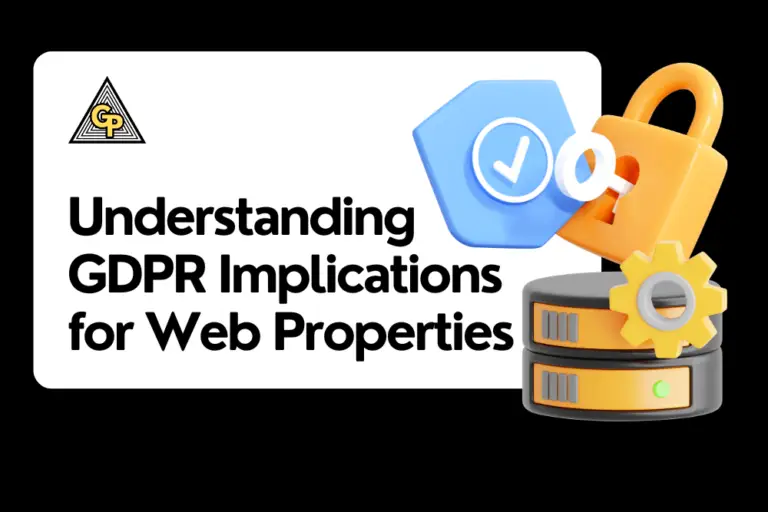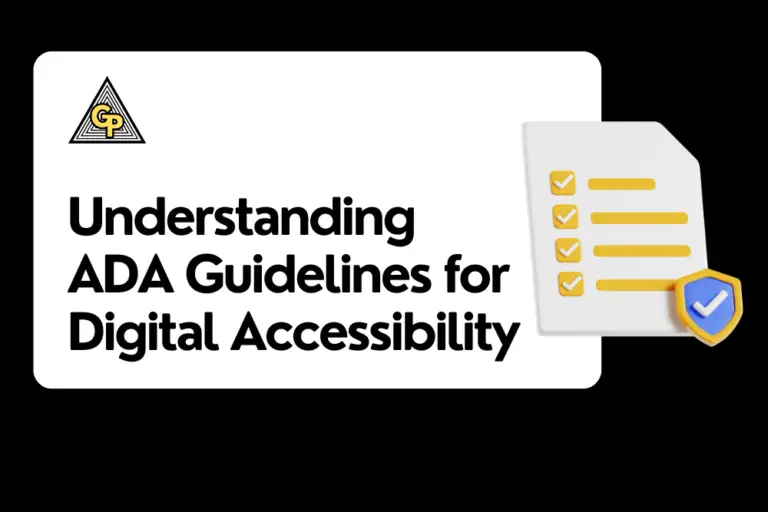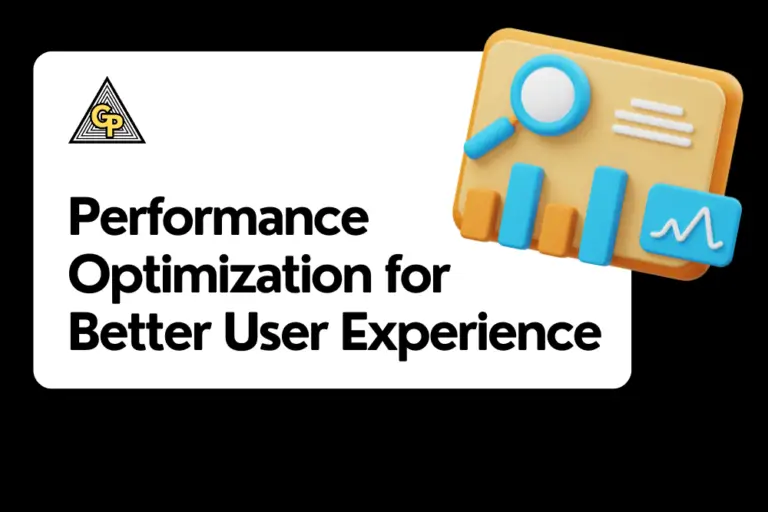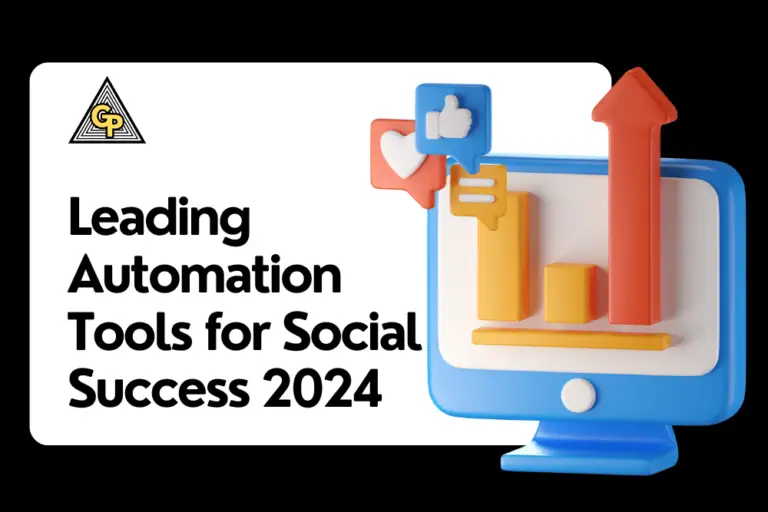Optimize Existing Pages - Maximize Your Website's Potential
In the digital age, where the speed and performance of your website can make or break the user experience, understanding and implementing web page optimization tips and strategies is crucial. A fast-loading, efficiently operating site not only pleases your visitors but also significantly improves your site’s search engine rankings. This guide will explore essential various of website speed and optimization strategies, tools and techniques, from minimizing file sizes and improving server response times to leveraging browser caching and optimizing images. Our aim is to equip you with the knowledge and tools necessary to enhance your site’s performance, ensuring a smooth, engaging experience for all your visitors.
What are some common strategies for optimizing web pages?
Effective strategies to optimize web pages include:
- Performing comprehensive keyword research and tactically incorporating pertinent keywords into page titles, headings, meta tags, and content.
- Crafting high-quality, informative, and captivating content tailored to meet the needs and interests of your target audience.
- Enhancing page loading speed and mobile responsiveness to elevate user experience and boost search engine rankings.
- Enhancing website navigation and internal linking structure for seamless access to pertinent content.
- Utilizing schema markup to furnish search engines with added context on your content, like reviews, ratings, and product details.
- Fine-tuning images and multimedia components through descriptive filenames, alt tags, and captions.
- Ensuring correct HTML markup and semantic structure to facilitate search engine crawling and indexing of your web pages.
What role does content freshness play in optimizing existing pages?
Content freshness plays a crucial role in optimizing existing content pages for several reasons:
- Improved Relevance: Search engines aim to provide users with the most relevant and up-to-date information in their search results. Fresh content signals to search engines that your website is actively maintained and offers current, relevant information to users. As a result, regularly updating existing pages with fresh content can help improve their relevance in search engine rankings.
- Increased Crawl Frequency: Search engine crawlers regularly revisit websites to discover and index new content. When existing pages are updated with fresh content, search engine crawlers are more likely to revisit those pages sooner to index the changes. This can lead to faster updates in search engine results, ensuring that users have access to the most recent information.
- Enhanced User Experience: Fresh content keeps your website engaging and valuable to users. Visitors are more likely to return to your site if they find new, interesting, and informative content regularly. Additionally, updating existing pages with fresh content can provide users with additional insights, updates, or perspectives, enhancing their overall experience on your website.
- Encourages Engagement: Fresh content can stimulate user engagement by encouraging visitors to explore more pages on your website. When users find updated content that meets their needs or interests, they may spend more time on your site, view more pages, and engage with your content through comments, shares, or interactions. This increased engagement can signal to search engines that your website provides valuable and engaging content, potentially leading to higher rankings.
- Addresses Changes and Developments: Industries, trends, and user preferences are constantly evolving. By regularly updating existing pages with fresh content, you can address changes, developments, and new insights within your industry or niche. This ensures that your website remains relevant and competitive in an ever-changing digital landscape.
What is the importance of internal linking in optimizing existing pages?
Internal linking plays a crucial role in optimizing existing pages for several reasons:
Enhanced Crawling and Indexing
Internal links help search engine crawlers navigate and discover content within your website. When search engine bots encounter internal links while crawling a page in search engine land mine, they follow those links to other pages on your site, effectively indexing and understanding the structure of your website. This can result in faster indexing of your website’s loading speed, new content, search engine optimization and improved brand visibility when in search engine results.
Improved Website Navigation
Internal links provide a roadmap for website users and content delivery network visitors to navigate through your site. By strategically placing internal links within your content, you can guide users to related or relevant pages, encouraging them to explore more of your website. This can increase user engagement, reduce bounce rates, and improve your website performance overall user experience.
Distributed Page Authority
Internal linking distributes PageRank (or link equity) throughout your website. When you link from one page optimize your website to another within your site, you are essentially passing authority from your website optimization strategy from one page to another. This can help strengthen the authority and relevance of linked pages, potentially boosting their rankings in search engine results.
Establishing Website Hierarchy
Internal linking helps establish a hierarchical structure for your website. By linking internal and external links from high-authority pages to lower-level pages, you can signal to search engines which pages are most important or relevant within your site’s architecture. This can help improve site structure so search engines prioritize crawling and indexing of important pages, leading to improved rankings for targeted keywords.
Promotion of Key Pages
Internal linking allows you to target keywords to your page speed strategically promote important pages or conversion points within your website. By including internal links from high-traffic or high-authority pages to key landing pages or conversion-focused pages, you can drive more traffic and attention to those pages, ultimately increasing conversions and achieving business goals.
Content Discoverability
Internal links make it easier for users to discover and access relevant content within your website analytics either. By linking related articles, products, or resources within your website analytics or content, you can provide users with additional context, information, or resources that enhance their overall experience on your mobile devices or site. This can increase time spent on site, reduce bounce rates, and improve user satisfaction.

Sign up for a FREE SEO Audit today!



How can optimizing my web pages improve search engine rankings?
- Improved User Experience (UX): Optimized web pages often provide a better user experience through fast loading times, mobile responsiveness, and clear navigation. Providing a positive user experience indicates to search engines the value of your site, which could enhance rankings.
- Increased Click-through Rate (CTR): By optimizing title tags and meta descriptions, you can make your search engine listings more attractive, leading to increased CTR. Higher CTRs can indicate to search engines that your content is relevant to users’ queries, which may improve your rankings.
- Reduced Bounce Rates: Engaging and relevant content that meets the users’ search intent can significantly reduce bounce rates. Low bounce rates tell search engines that users find your content valuable, favorably impacting your rankings.
- Higher Quality Content: Search engines prioritize high-quality, informative content that answers users’ questions. Optimizing your web pages to include such content can directly influence your rankings.
- Keyword Optimization: Strategically using relevant keywords throughout your content, titles, and meta descriptions helps search engines understand the context of your pages, making it easier to match your content with relevant searches.
- Enhanced Site Structure and Navigation: A well-structured website with clear internal linking ensures search engines can efficiently crawl and index your site. This clarity can lead to better content discovery and higher rankings.
- Mobile Optimization: With the increasing prevalence of mobile searches, having a mobile-optimized website is crucial. Mobile-friendly sites are often ranked higher by search engines to meet the needs of mobile users.
- Social Signals: While not a direct ranking factor, having shareable content can lead to increased social signals such as likes, shares, and comments. This can indirectly boost your search engine rankings through increased visibility and traffic.
- Local SEO Optimization: For local businesses, optimizing for local search queries by including location-based keywords and creating a Google My Business listing can improve visibility in local search results, directly impacting rankings.
How often should existing web pages be optimized?
There is no one-size-fits-all answer to this question as it largely depends on the specific needs and business goals of a website. However, here are some general guidelines to consider:
- Regular Monitoring and Updating: It is essential to regularly monitor your website’s performance, including search engine rankings, traffic, and user engagement. If you notice a decline or plateau in these metrics, it may be time to revisit and optimize your existing web pages.
- Changes in Search Engine Algorithms: Keep an eye on any major updates or changes in search engine algorithms. These changes can impact the performance of your website and may require you to optimize your content accordingly.
- Seasonal or Trending Content: If your website covers seasonal topics or trending subjects, it is beneficial to periodically review and update your existing pages to ensure they are still relevant and competitive. This can help maintain or improve rankings for popular search queries related to these topics.
- User Feedback: Pay attention to user feedback, whether through comments, social media, or customer reviews. If users have trouble finding or accessing certain content on your site, it may be time to optimize those pages for better user experience.
- Competitor Analysis: Regularly monitor your competitors’ websites and their content strategies. If you notice that they are outperforming you in certain areas, it may be worthwhile to revisit and optimize your existing pages to remain competitive.
How does optimizing existing pages affect my site's bounce rate?
Optimizing existing pages can positively impact your site’s bounce rate by improving page speed, user experience, relevance, and engagement. By providing valuable and relevant content, optimizing page loading speed on page optimization, and enhancing user behavior through internal linking, you can encourage visitors to explore more pages on your website rather than bouncing back to search results. This can result in lower bounce rates and higher engagement metrics.
How do you measure the success of optimizing existing web pages?
You can measure the success of website optimization efforts and optimizing existing web pages by tracking key website performance and indicators such as search engine rankings, organic traffic, user engagement metrics (e.g., bounce rate, time on site), and conversions. Monitoring changes in these metrics over time can help you assess the effectiveness of your web optimization’ efforts and identify areas for improvement.
Can optimizing existing pages help with conversion rates?
Yes, optimizing existing pages can help improve conversion rates by enhancing user experience, relevance, and trustworthiness. By providing valuable content, clear calls-to-action, external links, and a seamless user journey, you can increase the likelihood of website visitors taking desired actions such as making a purchase, filling out a form, or contacting your business.
Can page optimization impact the cost and effectiveness of my PPC campaigns?
Yes, landing page and website performance optimization tool and tools can impact the cost and effectiveness of PPC (pay-per-click) campaigns by improving Quality Score, ad relevance, and landing page experience. Optimized landing pages that are relevant to the ad copy and keywords can lead to higher Quality Scores, lower CPCs (cost-per-click), and better ad positions, ultimately increasing the effectiveness and ROI of your PPC campaigns.
Why is it important to optimize existing web pages?
Optimizing existing web pages is important for the web optimization for several reasons:
- It helps improve search engine rankings and visibility, making it easier for potential customers to find your website.
- It enhances user experience and engagement, increasing the likelihood of visitors taking desired actions such as making a purchase or contacting your business.
- It indicates to search engines that your website is dynamic, pertinent, and authoritative, potentially resulting in improved rankings and increased organic traffic in the long run.
- It can improve the effectiveness of other digital marketing efforts such as PPC campaigns by enhancing landing page quality and relevance.
- It demonstrates your commitment to providing valuable and up-to-date content to your audience, building trust and credibility with users and search engines alike.
Which are the most popular website optimization tools?
Some of the most popular website optimization tools include Google Analytics, for tracking and analyzing website traffic; Google Search Console, for monitoring and maintaining site’s presence in Google Search results; PageSpeed Insights, for analyzing the content of a web page, then generating suggestions to make that page faster; and SEMrush, for SEO, competitive analysis, and marketing insights.
How do I choose the right website optimization tool for my site?
The right tool for your website depends on your specific needs, goals, and the aspects of your website you wish to optimize. Start by identifying the key performance indicators (KPIs) most important to your website’s success, such as page load time, search engine ranking, or conversion rate. Then, select tools that best help you measure and improve these areas.
Conclusion
Optimizing web pages is an ongoing task that demands consistent monitoring, updates, and tweaks to stay competitive in search rankings. By monitoring performance metrics, user feedback, industry trends, and competitor strategies, you can spot improvement opportunities and continuously enhance your site for better visibility, engagement, and conversions. Remember, providing valuable, relevant content to your target audience is crucial for long-term organic success. Stay informed about the latest trends and algorithms to ensure effective optimization of your current web pages. By following these steps and regularly evaluating your site with SEO tools like Google Analytics, technical SEO and on-page SEO techniques, and Google Search Console, you can achieve noticeable enhancements in rankings, traffic, engagement, and conversions.

